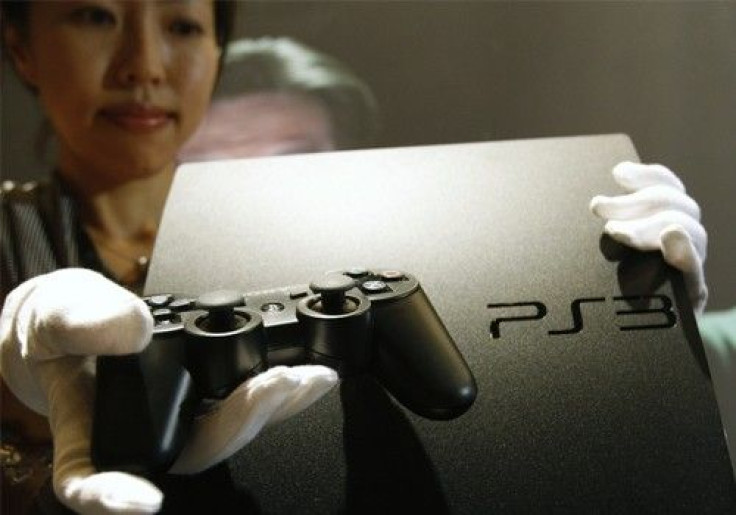Sony wins temporary injunction against PlayStation hacker Hotz

Sony Computer Entertainment America has won a temporary restraining order (TRO) against hacker 'Geohot' who circumvented PlayStation 3 (PS3) hardware security measures to run unapproved code on the game console.
The order dated Jan. 27 bans New Jersey-based hacker George Hotz from revealing any circumvention methods or technologies for gaining unauthorized access to the PS3 system. It also allows authorities to impound Hotz's computer equipment.
Hotz has 10 days to comply with the Californian court order to hand over his computer.
According to Judge Susan Illston of the U.S. District Court for the Northern District of California, after review of the filed materials and after considering the arguments of both sides, the court found that Hotz prima facie violated the Digital Millennium Copyright Act (DMCA) and the Computer Fraud and Abuse Act as well as local Californian laws and a temporary restraining order is warranted.
[Sony] has submitted substantial evidence showing that defendant George Hotz has violated the Digital Millennium Copyright Act, the judge said.
Hotz had launched a jurisdictional challenge questioning why the case has been brought before a California court instead of one in Hotz's home state of New Jersey but Sony had met its initial burden because it alleged that Hotz purposefully directed his activities at the forum state, the order said.
Sony claims the California court had jurisdiction because Hotz was subject to a PlayStation Network service and user agreement that required parties to submit to personal jurisdiction in California.
However, Hotz could present a more complete jurisdictional challenge in a motion to dismiss, the order added.
Hotz has argued that he had never consented to that agreement and that Sony had not shown that any of his alleged acts were done through the PlayStation Network.
According to Sony's complaint which was filed on Jan. 12, Hotz, Hector Martin Cantero, Sven Peter and a hacker group known as Fail0verflow had teamed up to disseminate a procedure that could allow PS3 owners to run pirated games and unauthorized software on the system.
According to Sony's complaint, Hotz had posted proprietary software keys such as the so-called Elliptic Curve Digital Signature Algorithm keys, encryption keys, dePKG firmware decrypter, or other tools on his website on Jan. 2 and had followed it up with a YouTube video demonstration that explained how those keys could be used in conjunction with a program he developed to completely disarm the PS3's security.
Working individually and in concert with one another, defendants recently bypassed effective technological protection measures employed by Sony in its proprietary PS3 System, the complaint said.
The lawsuit alleges contributory copyright infringement and breach of contract stemming from a user agreement with Sony, as well as violations of the Digital Millennium Copyright Act, the Computer Fraud and Abuse Act, and California state law.
Sony, which is being represented by Kilpatrick Townsend & Stockton LLP, is seeking treble damages on the copyright infringement claims.
Stewart Reynolds Kellar, who is representing Hotz, said his client will vigorously challenge the claims.
Hotz was among the first to jailbreak Apple's iPhone so it would work on carrier networks other than AT&T's. Last year, the US Copyright Office exempted iPhone jailbreaking from the DMCA so that iPhone users can run apps not officially sanctioned by Apple.
The case is Sony Computer Entertainment America LLC v. Hotz et al., case number 11-cv-00167, in the U.S. District Court for the Northern District of California.
© Copyright IBTimes 2024. All rights reserved.











